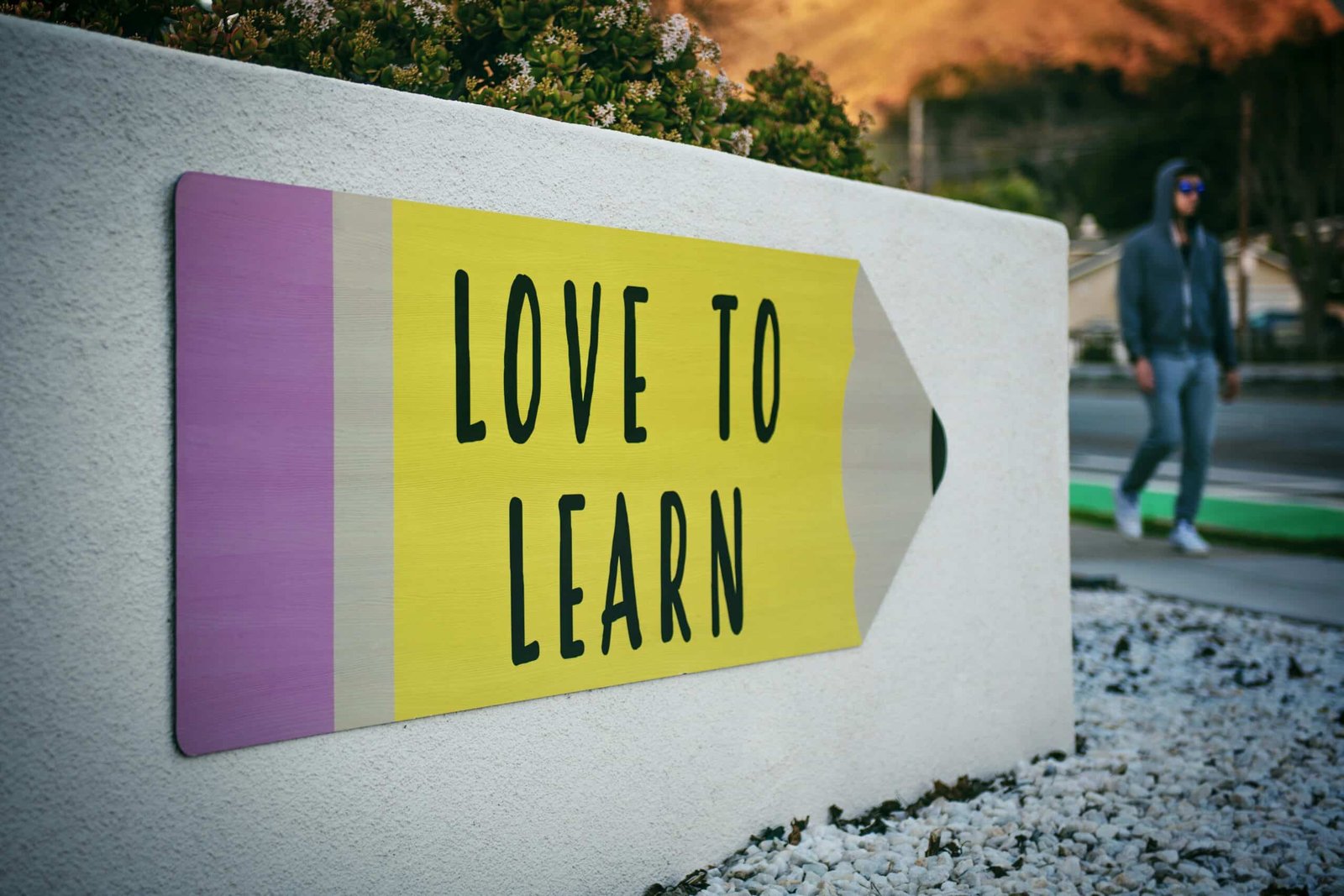Becoming fluent in a new language is an experience of personal and professional growth. Acquiring a second language has long been celebrated as an effective way to build cognitive muscles such as memory, strong problem-solving abilities and creativity. It attracts cultural sensitivity, enabling them to get along with people from different societies and see how other people view things. It’s an increasingly important skill in today’s interconnected world.
On a career level, being bilingual or multilingual is both practical and valuable. Speaking multilingual can show a person is more adaptable and can widen the career search to more international. Regardless of whether one seeks opportunities with multinational businesses, the hospitality and tourism industry, or foreign services, being multilingual is a remarkable marketable skill.
There are 4 key language learning skills — listening, speaking, reading, and writing. All of these dimensions are co-dependent and serve as repertoire contributing to perception proficiency. It involves comprehension of spoken language which is basic for communication. When we speak, it means we can communicate orally; when we read and write, it pertains to comprehension or expression in written form.
This article will illustrate how virtually manipulating these four key language skills can be more advanced than trying to learn a new language on your own. Through this exploration, students can discover what ways work best for them to create success in language acquisition. These methods would help you gain a useful insight and practical pathways on how to learn a new language.
Disclosure: This post may contain affiliate links and I may receive a small commission if you purchase through them. There is no additional charge to you.
Improve Your Listening Skills With These Top Techniques

Listening is basic to language learning: it enables learners to begin making sense of spoken language as it happens. Listening skills provide the core for efficient communication as well as a pathway to fluent language. In the following, we tap into three methods which have been proven to boost listening skills: listening to native speakers on a regular basis via podcasts; watching films or series in your target language and going to language exchange meetups or doing it online.
One addictive method to improve one’s listening skills is by simply listening to native speakers online through podcasts. Podcasts help the students to listen to authentic language, complex vocabulary and different accents which is a crucial part for understanding. Listening to podcasts on subjects of interest will expose students to a blend of more formal and less formal presentation styles in the target language, just as native speakers do. When you practice regularly, like with podcasts, it becomes easier to recognize various speech patterns and better comprehend spoken text.
The second way is by watching videos of movies and TV shows in the target language. Students can initially watch with subtitles to help comprehension and then slowly move away from subtitles when their listening has improved. This approach allows learners to engage with the natural rhythm and flow of language, regional jargon, and cultural nuance which are such a key component in becoming fluent in any foreign language. Plus, in the case of auditory comprehension visual prompts like in movies and TV shows can help steer more words towards context, making the language retain in a person’s memory longer.
These offer the chance to get in authentic listening practice face to face. Finally, through language exchange meetups or online language exchange platforms Hearing a language in its natural state of conversation with native speakers, can enable learners to practice listening that is more alive and not pre-recorded. These interactions may happen face to face or on the web, but in a very real environment. Students get instant feedback and might revise their listening practice accordingly. This kind of immersive experience is very useful when practicing your listening comprehension without subtitles.
Regular practice of these techniques will greatly improve the way that you listen and consequently understand and pronounce the target language. Immersion in the language through exposure to real life spaces still plays a big role in achieving fluency and successful communication.
The Most Effective Ways to Enhance Speaking Skills

Speaking a new language is an area a student must master to become fluent in the new language. That means they can efficiently convey necessary meaning. When students can speak, they are able to communicate in real-time in a personal and professional environment. Speaking another language fluently can make one appear more confident, and it can certainly bring competence in myriad ways. In this article, we will discuss 3 of the most practical and hands-on ways to practice speaking skills: with a language partner or tutor; via language learning apps; through travel or attending local events.
For starters, conversing with a native speaker through a language partner or tutor is some of the most important real-world experience you can get. Talking to a native speaker, whether through structured lessons or casual conversation over drinks, provides immediate feedback and correction. Learners can work on getting the right pronunciation and grammar from the start. This way it also provides a scope of cultural exchange which can strengthen one to understand the language. Similarly, there are many online forums and communities that can help you find a language partner or an affordable tutor.
Second, you can also use a language learning apps that provide speaking exercises if you need to improve your speaking skill. These apps offer unique features such as speech recognition technology, interactive dialogues and pronunciation guides; which may contribute to your learning experience. Here we can mention the platforms such as Clozemaster or Lingoda which cover interactive lessons on all 4 language skills:“listening, speaking, reading and writing with personalized feedback and mobile accessibility.
By immersing yourself in the Rosetta Stone method, you’re simulating real-world scenarios as TruAccent™ speech recognition means that you can speak with Live Tutors and take on a wide range of content to grow your language skills. This conversational practice is provided through a range of tools that allow you to speak in a realistic, but controlled and flexible environment which allows language learning to become something you can do anywhere. Using these apps consistently can increase your vocabulary and will give you more confidence as you speak the new language.
And finally, immersion through travel and attending local events to listen to conversations in the target language are a very dynamic and immersive way to learn. I will give you a chance to practice the language in real time. Another option is to attend venues, such as cultural festivals, language exchanges, or community classes to meet up with people that speak the language you want to learn. Being immersed allows learners to think and understand subtle differences faster.
In order to speak more and get over the fear of making mistakes you have to practice more. Mistakes ãre înevítáble part óf learning process which is a great teacher. Regular practice of talking in different situations to help the learner become increasingly fluent and confident in their new language.
Good Ways to Improve Reading and Write Skills
Reading and writing go hand-in-hand when learning a new language; they depend on each other. A good way to practice and develop these skills is to read using multiple sources in the target language. Both books, articles, and contents online can increase and improve your vocabulary as well as help work on your grammar skills. It allows students to see examples of different writing styles in different contexts, which is beneficial for comprehension and perhaps most importantly, exemplifies an example that they need to follow.
Another effective way is to have a daily diary. Having learners write entries in the target language regularly encourages practicing sentence construction, using new vocabulary and applying a variety of rules. The repeated practice also serves to better ingrain language concepts and fluency over time. Beyond that, it also enables self-expression, and through journaling itself there is a lot of creativity involved in the learning journey.
Language learning apps also provide structured exercises for both reading and writing skills. These apps typically feature encouraged activities like fill-in-the-blank questions, sentence reorders, and story-based exercises which give the learners experiences of real life situations. Having instant input from such applications, which helps individuals rapidly recognize and correct errors in usage and learning, is immensely useful to practice correct understanding as well.
Feedback and correction provide essential support for building reading and writing proficiency. But constructive critique and pointing them in the right direction comes from engaging with native speakers, teachers or communities that learn together. Learners can learn how to do this through external input, which teaches them on how to recognize common errors so they can improve their own language use. It also helps you to grasp the cultural intricacies and turn of phrases inherent only to fluency.
At the end of the day, learning a language is a process that leads to fantastic results by way of hard work and patience with lots of right materials. Practice your language through a variety of ways whether it be watching movies and media, speaking with those fluent in the language, online courses such as Rosetta Stone, studying a semester / year abroad, or even formal courses (e.g. high school / college course) can allow you to eventually master your target language unlocking countless possibilities!
To help you out, we prepared this guide on how to reach fluency online and what it means focusing on the basics (listening, speaking, reading, and writing) using online language learning services. Begin your language learning adventure today and experience the rewards of linguistic wonder!









